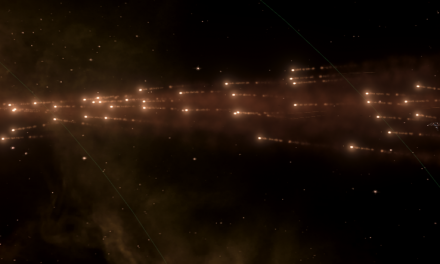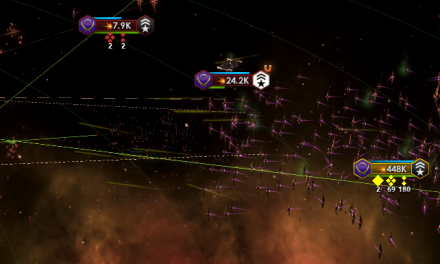The very face of the universe was changing, from a political perspective, as the Lavis Union celebrated its one-hundredth year of active space exploration. Scientists had uncovered new elements and strange species, diplomats had negotiated trade deals and pacified warring entities, and our population had spread to more worlds than had been thought possible.
The previously warlike Oklarr Council had adopted a philosophy of peace, though they yet remained hostile to our overtures and science-centric view of the universe. The Nharr State and Interstellar Djunn Confederacy, two of our longest allies, remained in good standing, and negotiations continued for ways to solidify our relationship. Several empires had tributaries or protectorates, following in our footsteps, as a means to grant individual responsibility as well as independence from vassal states.
While the unquestionable military might of other empires dwarfed our own, particularly the Iztran Watchers, Dabbax Remnant, and Wulhubb Progenitors, almost all other civilizations marveled at our technological achievements, even going so far as to understand methods of space travel other than the faster-than-light engines we ourselves used. As our knowledge of the universe grew, so too did our understanding of ourselves.
Citizens across the Union continued to factionalize, though arguments were almost entirely limited to philosophical debates, with almost no reported cases of physical injury. The Committee of Technocratic Reform maintained the largest plurality, with the Military-Industrial Complex, Free Thought Network, and National Evolvement Board close behind. In the far minority, and likewise also the least pleased with our societal edicts, sat the Xeno Justice Initiative. Though they had few demands, their members were perpetually unhappy and displeased with even the slightest perceived insult against other races.
The empire continued to grow, new mysteries uncovered, but murmurs grew among the scientific council that this static “golden age” could not last forever. Whether through population or military might, some feared we were being left behind by other, less forward-thinking empires, and that planning had to begin quickly to stave off any eventual conflict.














